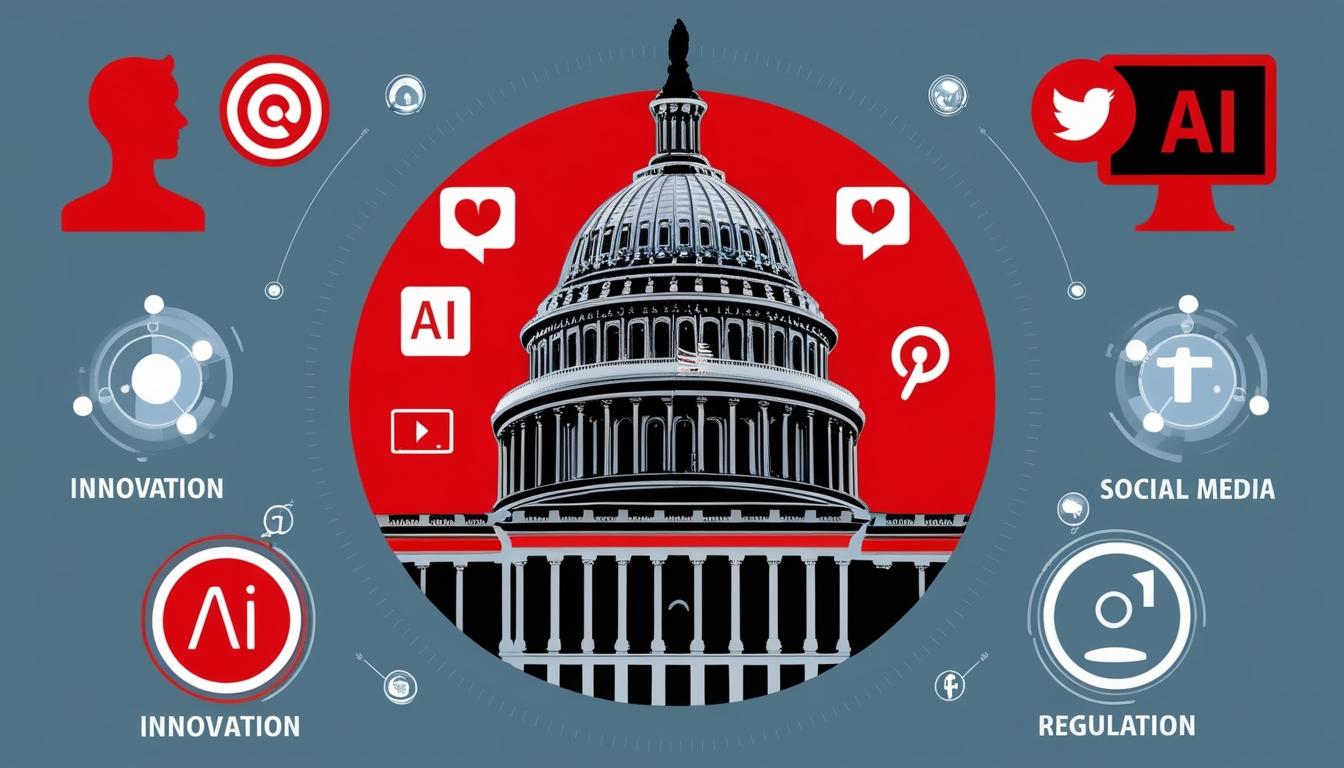As the United States braces for a new term under Donald Trump, significant transformations are anticipated within the regulatory landscape governing technology, particularly artificial intelligence (AI), data privacy, and social media. The changing administration likely signals a shift towards prioritising economic competitiveness and innovation, as opposed to the civil rights focus seen in the Biden administration's policies.
The Trump administration's stance on AI regulation is expected to diverge substantially from the previous administration's approach, which included the establishment of an AI Bill of Rights aimed at safeguarding privacy, safety, and civil rights. Under Biden's leadership, an executive order mandated that developers of advanced AI systems report safety test outcomes and created obligations for federal agencies to employ AI responsibly. However, Trump has indicated intentions to revoke these measures, emphasising the necessity to promote free speech. His nominee for the Federal Trade Commission, Andrew Ferguson, has signified a similar aversion to stringent AI regulations, leading to speculation that state legislators will assume a more prominent role in establishing AI-related laws, especially considering that in 2024, at least 45 states introduced AI-related bills.
Potential legislation at the state level may follow the precedent set by Colorado, which enacted comprehensive measures addressing algorithmic discrimination, or focus on specific applications of AI, such as facial recognition, automated decision-making, deepfakes, and AI chatbots. The shifting regulatory environment underscores a broader debate about the balance of innovation and civil rights in AI development.
Concerning data privacy, a pivotal year lies ahead in 2025, as Congress deliberates the prospective enactment of a federal privacy law. The American Privacy Rights Act, proposed in 2024, seeks to create a framework that mitigates the complexities arising from differing state regulations. This arises at a time when 19 states have already instituted their own comprehensive privacy laws following California's Consumer Privacy Rights Act in 2019. Challenges stemming from defining sensitive data, safeguarding minors' privacy, and compliance requirements for smaller businesses will dominate discussions among lawmakers.
Furthermore, state initiatives are beginning to fill the regulatory vacuum left by the absence of decisive federal action, particularly in cybersecurity and health data privacy. Approximately 30 states have implemented cybersecurity standards, with specific jurisdictions proposing regulations encompassing automated decision-making and data protection risk assessments. Laws in states like Washington and Nevada have expanded health data privacy beyond the confines of federal mandates, reflecting a growing pivot towards state-led strategies for privacy protection.
Social media regulation remains a contentious area as well, especially concerning the interpretation of Section 230, which currently shields online platforms from liability for user-generated content. While the Biden administration aimed to enhance accountability and transparency around these platforms, the Trump administration is expected to push for limits on content moderation practices, leaning towards free speech protections. Recent legislative measures enacted by states like California and Connecticut require online platforms to disclose their approaches to addressing hate speech and misinformation, manifesting a trend toward more stringent local regulations amid ongoing debates about platform neutrality and accountability.
In summary, as the United States transitions to the Trump administration, the landscape of tech regulation, particularly regarding AI, data privacy, and social media, is poised for significant alteration. The interplay between federal objectives and state-level initiatives will likely dominate discussions surrounding the appropriate regulatory frameworks necessary to address emerging technologies and their implications for society in the coming years.
Source: Noah Wire Services
